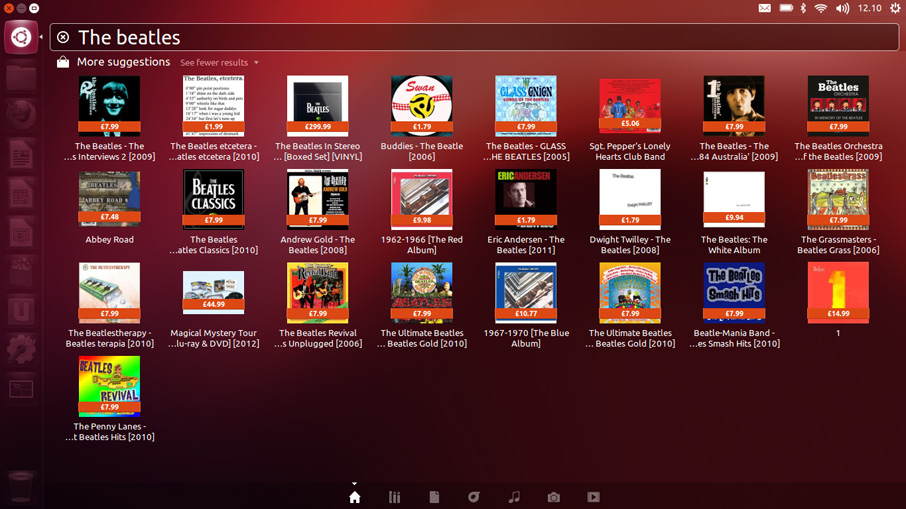Just when you thought companies could create another blah blah as a service acronym, Canonical has thrown a couple of new letters at us: MaaS. MaaS stand for Metal As A Service and is a metal to server management service created by Canonical (the team behind Ubuntu).
In the old days (aka last couple of years) companies went crazy buying the biggest meanest servers they could buy to do all they number crunching and big data analysis. The bigger the company the bigger and more expensive the servers they bought. The cloud paradigm forced a shift in approach, since it meant your work got chunked and processed by dozens or hundreds of servers (not one monster monolithic beast in a special room). Cloud meant you no longer cared about processor speed, bus speed, computational capacity of one node, etc. In the cloud, your work can be handled by thousands of smaller, cheaper commodity servers.
Canonical believes MaaS is the secret sauce that allows you to think of your servers as commodity devices that offer services and not as big expensive electronics (what it can do not what it is).
In the world of Ubuntu, MaaS will manage your hardware and Juju will manage your apps and workload. As you read this, you would be forgiven if thoughts of self-deploying OpenStack servers come to mind. This is the market Canonical is targeting.
Metal As A Service is new in Ubuntu 12.04 and you can expect a quick bump is features over the next 12-18 months. Canonical wants to add BIOS and RAID firmware updating capabilities, authentication integration and various self-managed pre-built testing schemes.
Not surprisingly, tech reporters are divided about the usefulness of this new technology (and other competitors in this space). Some believes it is a solution to an age old problem while others believe it is a solution looking for a problem.
I think MaaS is an much needed product in its infancy and it will be important to see how it competes against the likes of Nebula One (which to me seems like a much more refined and enterprise ready solution).
